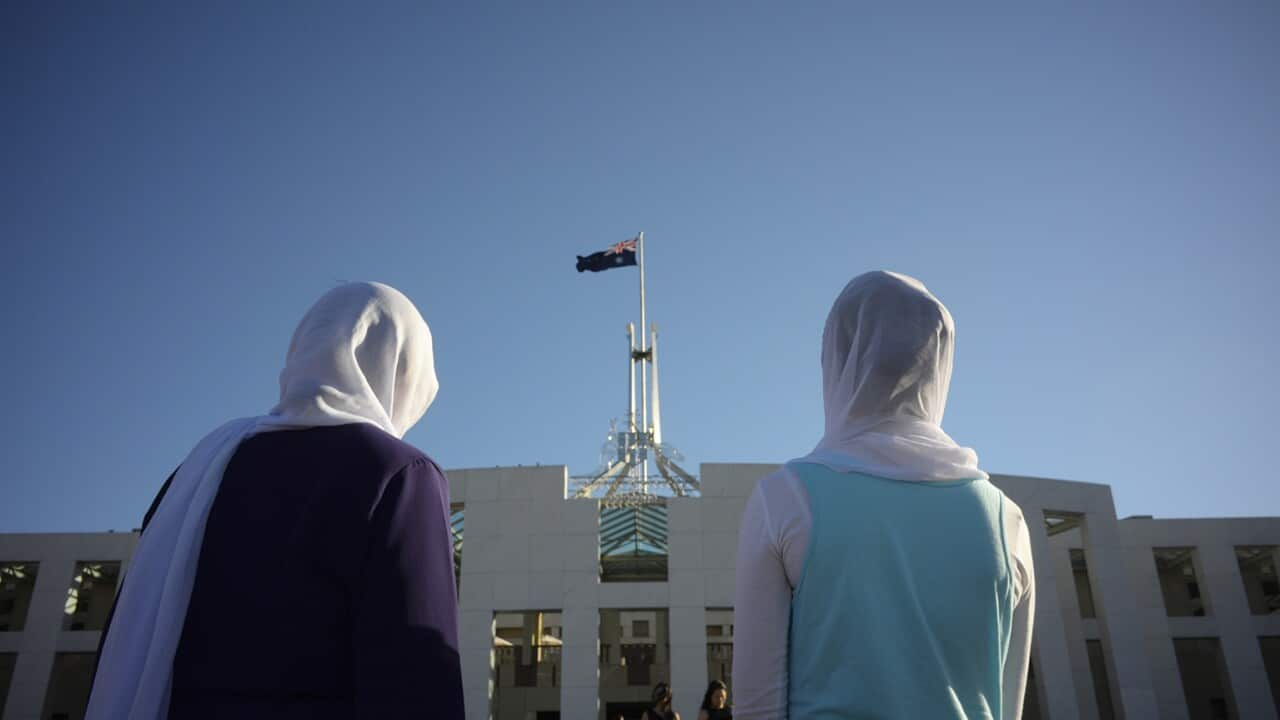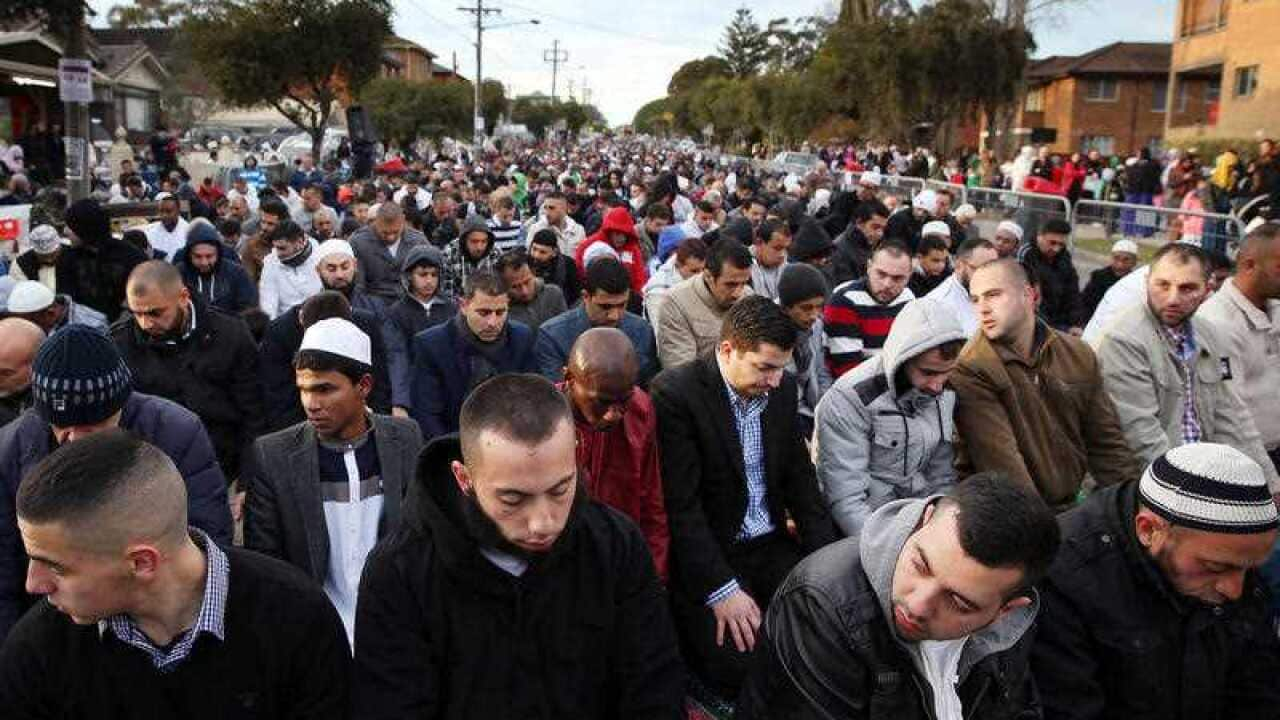For a while now I've been ruminating on how often my life is a collection of identities to manage. It’s something I’ve learned not to be completely conscious of in my daily life – I’m just always reminded of it by other people. As a writer and public speaker, it’s something I have to negotiate all the time.
It’s not that I don’t wish to share personal experiences that might light the way for others. It’s not that I mind being known as a woman who comes from an Arab-Muslim family. It’s that, sometimes, it seems to be all that matters, as though the thoughts that pour out of my head are valueless unless they deal with the ethnic minority experience.
This came to mind as I read , both highly talented and popular writers who are often put into boxes based on personal experiences they’ve written about.
There are people who will mine you for these experiences, disguising their interest as inclusion. But they don’t take you seriously as a human who can see more than one side of the story.
“I’m resentful of the way that fat people and also, especially, rape victims are expected to just flay themselves and let any old person dig around inside them to earn their humanity,” West tells Gay, before adding: ‘But I guess … telling these stories is cathartic. And hearing the stories of fat women helped me, it made my life better, and I think it does make a difference in terms of the general perception of us. So, how do you walk that line between maintaining your dignity and not just letting people eat you alive?”
And for me, this question summed up everything that goes wrong when people in a minority want to explore and share aspects of ourselves in public, but end up being defined by them.
For a long time, there was really only interest in my confessional writing when it involved the challenges of being an Arab-Muslim woman. Not a woman alone – an Arab-Muslim one. My perspective is not trusted as a woman who grew up in a non-Anglo ethnic culture. As one writer friend once lamented, she only gets invited onto panels where they need a woman of colour.
There are people who will mine you for these experiences, disguising their interest as inclusion. But they don’t take you seriously as a human who can see more than one side of the story.
Oh, being Palestinian. Oh, how that defines me. I am supposed to have answers to the occupation that appease the sensibilities of others.
I know this because I have lived it, and have been reminded it of it many times.
When Gaza was being bombed by Israel a few years ago, I wrote a piece about how the IDF was gamifying war. I hesitated to write it: I wanted the information out there, but would it be taken seriously when written by a Palestinian?
Oh, being Palestinian. Oh, how that defines me.
I am supposed to have answers to the occupation that appease the sensibilities of others.
Look, I happily share that I’m of Palestinian heritage. I have been outspoken on the occupation. I have no desire to hide any of this. But when people ask and I tell, there is invariably that awkward moment when their thoughts first begin to spill out. A to-and-fro on the conflict. If I'm not told fiercely that they support Palestinians I'm nudged to acquiesce that, well, Palestinians aren’t blameless, to acknowledge the other side without having said a word in the first place. Like the raging occupation Palestinians endure is a trifling inconvenience to observe from afar. Please, can you just tell them to sort it out so that we don’t have to pick a side?
It’s something, apparently, I need to solve and make people feel better about. I’m not allowed to speak truth if it makes them uncomfortable. But I’m also not allowed to gently move the topic forward when I realise there is no simple way to dissect it.
But there it was: you’re Palestinian and you need to live and breathe it. You are Muslim: you need to talk to me about it all the time.
Meanwhile, on a media tour for my book, Beyond Veiled Cliches – a book that explores ‘The Real Lives of Arab Women’ – I quickly realised there wasn’t always deep interest in moving beyond these veiled clichés. Arab women were hardly the focus – Muslim women and the veil took up a lot of time. My experience of wearing it and taking it off, also a big talking point.
And then I was asked by someone, who seemed well-meaning enough, why I didn’t take the opportunity to talk about Palestine? Was I shy given how harsh media can be around the conflict?
Well, no. I just wasn’t asked about it.
But there it was: you’re Palestinian and you need to live and breathe it.
You are Muslim: you need to talk to me about it all the time.
You grew up here but you’re not Anglo: how can we feel better about you?
Imagine the surprise of some people when they discover that I have no desire, nor feel any compulsion, to be defined by these aspects of myself. That to me, what makes me a ‘good Australian’ is not sentiment (though I have it) but practicality – I’m a law-abiding citizen. That what makes me a passionate writer and speaker is my deep interest in the experiences of life, how they swirl and vary depending on your circumstances and personality.
At its worst, this insidious form of bigotry can turn a person’s world upside down. Take the , who was harassed to an extreme by racists and Islamophobes.
Regardless of whether you agree with her points of view, the lesson in this is that you’re only useful as a minority representative when you toe the Aussie line. I lost count of the number of breathless op-ed pieces written by people who were gravely offended that this young proudly brown Muslim woman wasn’t just kowtowing in gratitude for her opportunities and success, as though she hadn’t worked for it.
We are not blameless in facilitating this obsession with minority observations. In the 80s, perhaps in an attempt to just have some fun and take ownership of the offensive word ‘wog’, comedian Nick Giannopolous led a group of actors on stage in ‘Wogs Out of Work’. It was self-mockery at its best, but also invited Anglos to laugh at wogs. It’s an in-joke that killed off the sharp edges of an insult but also bred a stereotype that’s difficult to move past.
As the West/Gay interview demonstrates, this toxic set of limitations can be applied to anyone who fits into a ‘minority’.
West is a ridiculously talented writer. Her book Shrill details her experiences as woman who has struggled with her weight. But she talks about life – love, career, ordinariness.
Similarly, Gay, who recently released a memoir entitled Hunger and, despite being a feted author of fiction, is spoken of mostly for her essays in Bad Feminist, expressed frustration at being put into a box, saying that “the cultural imagination is very limited”. She notes how speaking on one issue can inadvertently turn you into a spokesperson for it who doesn’t have range beyond it.
“And it’s so unfair and it’s so limiting, and it shows that marginalised people aren’t allowed to be artists. They aren’t allowed to be intellectuals. We’re expected to only be activists or people who are singular and can only write about the self.”
If we’re truly to accept that western societies in particular have a multiplicity of experiences that can be shaped by, but are not limited to, aspects of our identity, we need to harness a truly inclusive society. One that doesn’t see value only when a box needs to be ticked.








